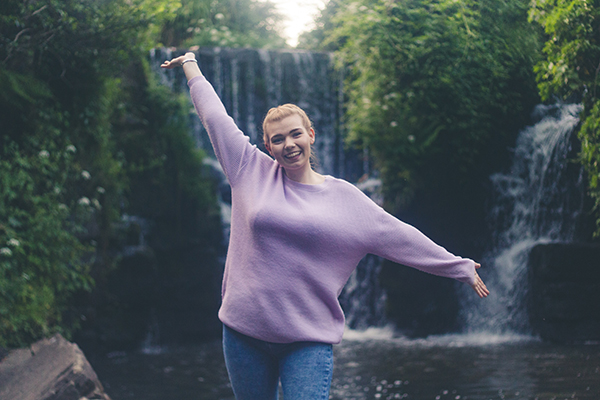Individual Counseling Insights brought to you by California Psychotherapeutic Resources, Inc.
As if 18 months of a pandemic has not been bad enough, now it seems like the news is filled with one grim headline after another. How to cope? One natural and surprisingly effective way is to simply… relax. Sound easy? Maybe — but it can actually take a concerted effort when the world is conspiring to keep you on edge.

Still, relaxing is worth the effort. It’s a proven way to maintain good health. Also, says Erica Cirino writing for Healthline, “Stress from work, family, social obligations, and even exercise will wear you out over time if you don’t set aside time to relax. Some of the negative effects of not relaxing enough include:
- frequent headaches and pain throughout the body
- sleeping problems, such as insomnia or nightmares
- forgetfulness and confusion
- chest pain and heart problems
- stress-related illness
- increased or decreased appetite, often with weight gain or loss
- social isolation and loneliness
- increased use of drugs, tobacco, and alcohol
Fortunately, relaxing comes naturally if we just make a little time and give a little effort. For easy ways to simply chill out, says Cirino, try these six easy strategies:
Breathe it out. Breathing exercises are wonderful way to relax. Try this simple technique: “Breathe in to a slow count of three, and then breathe out to the same slow count of three. Feel your belly rise and fall as you breathe in and out. Repeat five times, or as long as you need to feel relaxed.”
Release physical tension. Physical tension often follows mental tension. For an antidote, “Lay on a soft surface, such as your bed, a carpet, or a yoga mat. Tense up one part of your body at a time, and then slowly release your muscles. As you do this, notice how your body sensations change. Many people start either with the muscles in their face or those their toes, and then work their way through the muscles across their bodies to the opposite end.”
Write down your thoughts. Journaling is a psychologically sound way to clarify and release your emotions. Don’t worry about grammar or anything else — simply express yourself in writing and feel the stress wash away.
Make a list. Gratitude is a key to happiness. Make a list of several things you’re grateful for, and take a little time to dwell on all the positive thoughts that arise as you do so.
Visualize your calm. Do you have a favorite spot where you just love to sit back and relax? At the beach, in your backyard, a favorite spot you’ve vacationed at? “Close your eyes and imagine all the details linked to that place: the sights, sounds, smells, tastes, and tactile feelings.” As you visualize your spot, just… relax.
Connect to nature. This may be the ultimate no-brainer for relaxing. Everything about nature is relaxing, even more so if you can take a short walk. It’s light exercise, and you get the added benefit of invigorating sights and smells. But don’t feel compelled to walk — just sitting in a natural setting is also wonderfully relaxing.